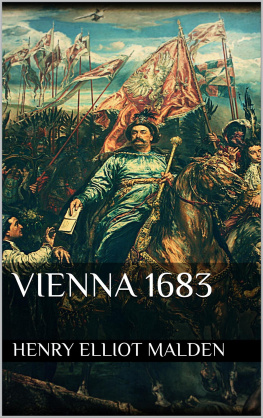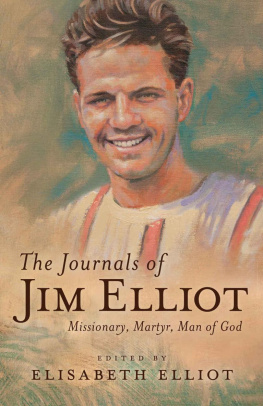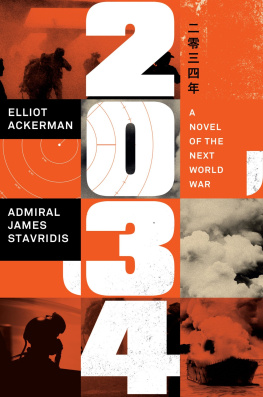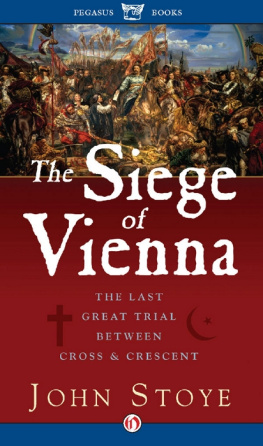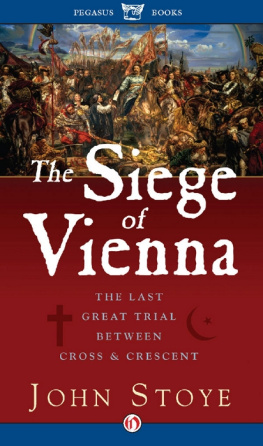Henry Elliot Malden - Vienna 1683
Here you can read online Henry Elliot Malden - Vienna 1683 full text of the book (entire story) in english for free. Download pdf and epub, get meaning, cover and reviews about this ebook. publisher: BoD, genre: History. Description of the work, (preface) as well as reviews are available. Best literature library LitArk.com created for fans of good reading and offers a wide selection of genres:
Romance novel
Science fiction
Adventure
Detective
Science
History
Home and family
Prose
Art
Politics
Computer
Non-fiction
Religion
Business
Children
Humor
Choose a favorite category and find really read worthwhile books. Enjoy immersion in the world of imagination, feel the emotions of the characters or learn something new for yourself, make an fascinating discovery.
- Book:Vienna 1683
- Author:
- Publisher:BoD
- Genre:
- Rating:4 / 5
- Favourites:Add to favourites
- Your mark:
- 80
- 1
- 2
- 3
- 4
- 5
Vienna 1683: summary, description and annotation
We offer to read an annotation, description, summary or preface (depends on what the author of the book "Vienna 1683" wrote himself). If you haven't found the necessary information about the book — write in the comments, we will try to find it.
Vienna 1683 — read online for free the complete book (whole text) full work
Below is the text of the book, divided by pages. System saving the place of the last page read, allows you to conveniently read the book "Vienna 1683" online for free, without having to search again every time where you left off. Put a bookmark, and you can go to the page where you finished reading at any time.
Font size:
Interval:
Bookmark:

"Think of that age's awful birth,
When Europe echoed, terror-riven,
That a new foot was on the earth,
And a new name come down from Heaven
When over Calpe's straits and steeps
The Moor had bridged his royal road,
And Othman's sons from Asia's deeps
The conquests of the Cross o'erflowed.
* * * * *
"Think with what passionate delight
The tale was told in Christian halls,
How Sobieski turned to flight
The Muslim from Vienna's walls;
How, when his horse triumphant trod
The burghers' richest robes upon,
The ancient words rose loud, 'From God
A man was sent whose name was John.'"
Lord Houghton .
The historical scholar will find nothing new in the followingpages; but I have thought it worth while to tell to the generalreader a story worth the telling, and to explain not only thedetails, but the wider bearings also, of a great crisis in Europeanhistory, no satisfactory account of which exists, I believe, inEnglish, and the two hundredth anniversary of which is now uponus.
My principal authorities are "Sobieski's Letters to his Queen,"edited by Count Plater, Paris, 1826; Starhemberg's "Life andDespatches," edited by Count Thrheim, Vienna, 1882; "Campaigns ofPrince Eugene, of Savoy," Vienna, 1876, etc.; Schimmer's "Sieges ofVienna;" Von Hammer's "History of the Turks;" Salvandy's "Historyof Poland;" "Memoirs of Eugene," by De Ligne; "Memoirs of Charles,Duke of Lorraine, and his Military Maxims," published late in theseventeenth century; "Works of Montecuculi;" De la Guillatire's"View of the Present State of the Turkish Empire, etc.,"translated, London, 1676, etc.
I have been obliged to reject some statements of Salvandy's, such,for instance, as that the crescent moon was eclipsed onthe day of the battle before Vienna.
I regret that I have been unable to use the account of the campaignof 1683 published in Vienna, by the Director of the War Archives,since this went to press. Some of the matter of it is, I believe,contained in the "Campaigns of Eugene," published under the sameauthority mentioned above, and in Schimmer's work.
Kitlands , 1883.
1663. Ahmed Kiuprili Grand Vizier.
1664. Montecuculi defeats the Turks at St. Gotthard. Twenty years'truce with Austria, by which the Turks retain most ofHungary.
1669. The Turks take Candia from the Venetians.
1671. Conspiracy in Hungary against the Emperor crushed.
1672. French attack upon Holland provokes a general war. Treaty ofBuksacs between the Turks and Poles. Poland cedes most of Podoliaand the Ukraine, and pays tribute to Turkey.
1673. The Polish nobles break the treaty. Great victory of Sobieskiover the Turks at Choczim.
1675. Sobieski crowned King of Poland.
1676. Treaty of Zurawna between Turks and Poles; the former retainmost of their conquests.
1677. Death of Ahmed Kiuprili. Kara Mustapha Grand Vizier.
1678. Tekeli heads an insurrection in Hungary against the Emperor.The French intrigue with him.
1678-79. Treaties of Nimuegen between the French and theallies.
1681. Louis XIV. seizes Strassburg and makes other aggressions uponthe Empire. Treaty between Holland and Sweden against France.
1682. Treaty of Laxenberg between the Emperor and the Upper GermanCircles against France, followed by similar treaties between theother Circles, the Emperor and Sweden. The Turks openly aid theHungarians.
1683. League of the Empire, Poland and the Pope, supported by otheranti-French powers, against the Turks. Turkish invasion of Austria.Siege of Vienna. Defeat of the Turks by John Sobieski and the Dukeof Lorraine, September 12. The French attack the SpanishNetherlands in the autumn.
1684. Truce of Ratisbon between France and the Empire.
1686. Buda recovered from the Turks. League of Augsburg between theEmperor and the Circles of Western Germany, joined ultimately bySpain, Holland, the Pope, Savoy and other Princes of the Empire,against the French.
1688. The English Revolution secures England for the side of theLeague, which she joins next year. General war with Francefollows.
1696. Death of Sobieski.
1697. Treaty of Ryswick between France and the allies. Eugenedefeats the Turks at Zenta, in Hungary.
1699. Peace of Carlowitz. The Turks cede nearly all Hungary,Transylvania, Podolia, the Ukraine, the Morea and Azof. The firstgreat diminution of Turkish territory in Europe.
VIENNA.
1683.
For the traveller who from the Tower of St. Stephen's, in thecentre of the old-town of Vienna, looks down upon the places maderemarkable by great historic actions in the valley of the Danube,has his eye turned first northward and eastward upon the Marchfeld.There, he is told, are Aspern and Essling, where the ArchdukeCharles beat Napoleon in 1809. There is the island of Lobau, whereNapoleon repaired his forces, and whence he issued to fight yonderthe great and terrible conflict of Wagram. The scene, not of agreater slaughter, not of a more obstinately contested fight, thanWagram, but the scene of a battle more momentous in itsconsequences, lies upon the other side. Among the vineyards,villages, and chateaux which cover the lower slopes of the WienerWald, among the suburbs of Nussdorf and of Hernals, Charles ofLorraine and John Sobieski smote the Turkish armies in 1683. Thereat one blow they frustrated the last great Mohammedan aggressionagainst Christendom, and set free the minds and arms of the Germansto combine against French ambition upon their western frontier. Thevictory was one of those decisive events which complete longpending revolutions, and inaugurate new political conditions inEurope.
Font size:
Interval:
Bookmark:
Similar books «Vienna 1683»
Look at similar books to Vienna 1683. We have selected literature similar in name and meaning in the hope of providing readers with more options to find new, interesting, not yet read works.
Discussion, reviews of the book Vienna 1683 and just readers' own opinions. Leave your comments, write what you think about the work, its meaning or the main characters. Specify what exactly you liked and what you didn't like, and why you think so.

